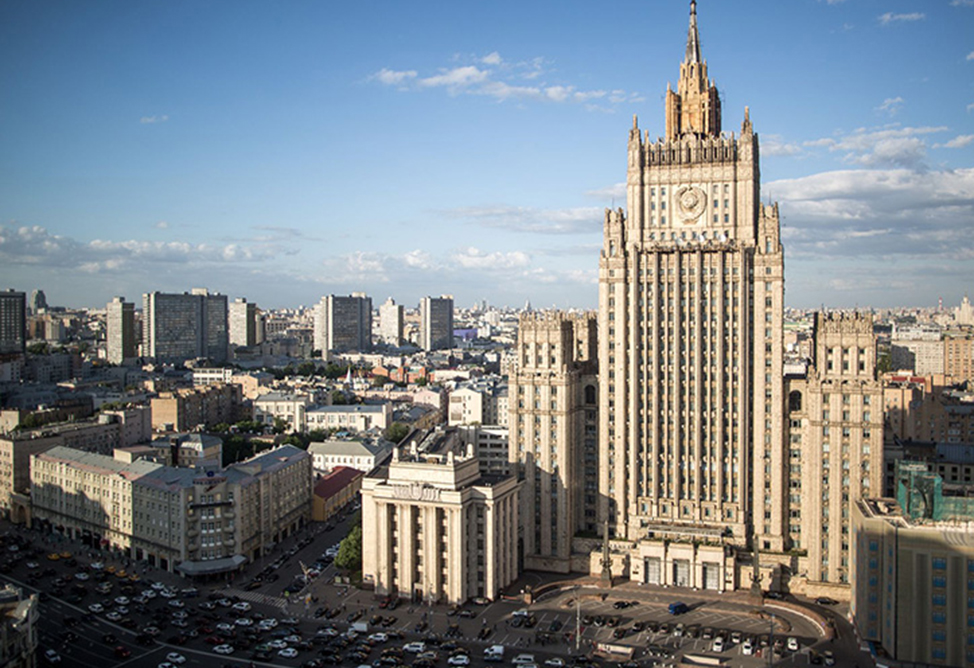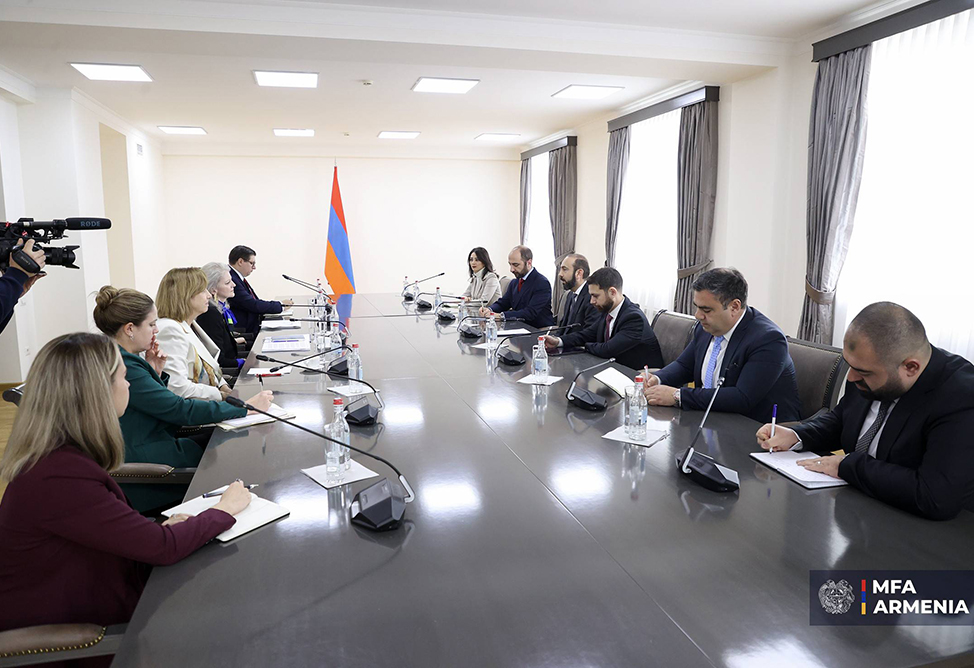Baku and Yerevan still have much to do to make the normalization of bilateral relations irreversible, says Russian Foreign Ministry

YEREVAN, November 7. /ARКА/. Armenia and Azerbaijan still have much to do to make the process of normalizing bilateral relations irreversible, the Russian Foreign Ministry said in a statement in connection with the 5th anniversary of the ceasefire agreement signed by the leaders of Russia, Azerbaijan, and Armenia in the Nagorno-Karabakh conflict zone.
"The process includes the signing of a peace treaty, the restoration of transport and economic communications in the interests of all countries of the South Caucasus and their immediate neighbors, the fair delimitation and demarcation of the state border, and the establishment of effective contacts within civil society. The Russian side is ready to continue to provide its Azerbaijani and Armenian partners with comprehensive assistance in all areas, including within the framework of the 3+3 Regional Cooperation Platform (Azerbaijan, Armenia, Georgia – Russia, Iran, Turkey)," the Russian Foreign Ministry statement noted.
The Foreign Ministry stated that, taken together, the four statements adopted at the highest level (November 9, 2020, January 11, 2021 in Moscow, November 26, 2021, and October 31, 2022 in Sochi) form a "roadmap" for the peace process.
"These agreements remain in force and have not lost their relevance. The important foundations built in the trilateral format are being actively utilized by the Azerbaijani and Armenian sides, including in direct dialogue," the statement says.
About the 44-Day War in Karabakh in 2020
From September 27 to November 9, 2020, the Azerbaijani Armed Forces, with the participation of Turkey and recruited foreign mercenaries and terrorists, carried out aggression against Karabakh, using missiles and artillery, heavy armored vehicles, combat aircraft, and prohibited weapons (cluster bombs and phosphorus weapons). Bayraktar drones were also actively used, causing significant damage. Strikes included also civilian and military targets in Armenia.
On November 9, 2020, the leaders of the Russian Federation, Azerbaijan, and Armenia signed a statement to end all military actions. Russian peacekeeping contingent was deployed along the line of contact in Karabakh and the Lachin corridor.
On January 11, 2021, Russian and Azerbaijani Presidents Vladimir Putin and Ilham Aliyev, and Armenian Prime Minister Nikol Pashinyan signed a joint statement aimed at developing the region and unblocking communications.-0-



